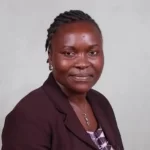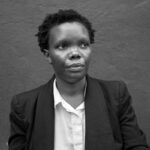Religious institutions and their networks have always been a powerful tool in shaping societies by laying their moral grounds and impacting the social and political structures.
With growing religious pluralism and growing interests in influencing world affairs, more religious players have entered the geopolitical arena. Along with the strong traditional players like the Roman Catholic Church, new religious communities are engaging not only into social and development practices but also into politics. While varying widely in what they seek to achieve, they also share an important characteristic: each seeks to use religious soft power to advance certain values and norms as well as interests. The greater political engagement of religious entities therefore sparks the question of their objectives and their independence from the state structures of the countries of their origin. Have religious actors become an extended arm of states? Do states use their religious networks for more influence? What is the gap that religious actors are filling that allows them an “entrance” into the societies and the exercise of their role? Important questions also arise on what that means for human rights, including women’s and minority rights – who have often been the target or indirect target of this influence – is this rise in influence bringing issues from the private sphere into the public?
Exploring the dynamics of this new religious pluralism as it influences the global political landscape is critical. How do we address the paradox of how transnational religious actors, lacking the military or economic resources of states or transnational corporations, have managed to impact the contemporary world in such unexpected and contradictory ways? How do we unpack the role of religion in contemporary international relations?



